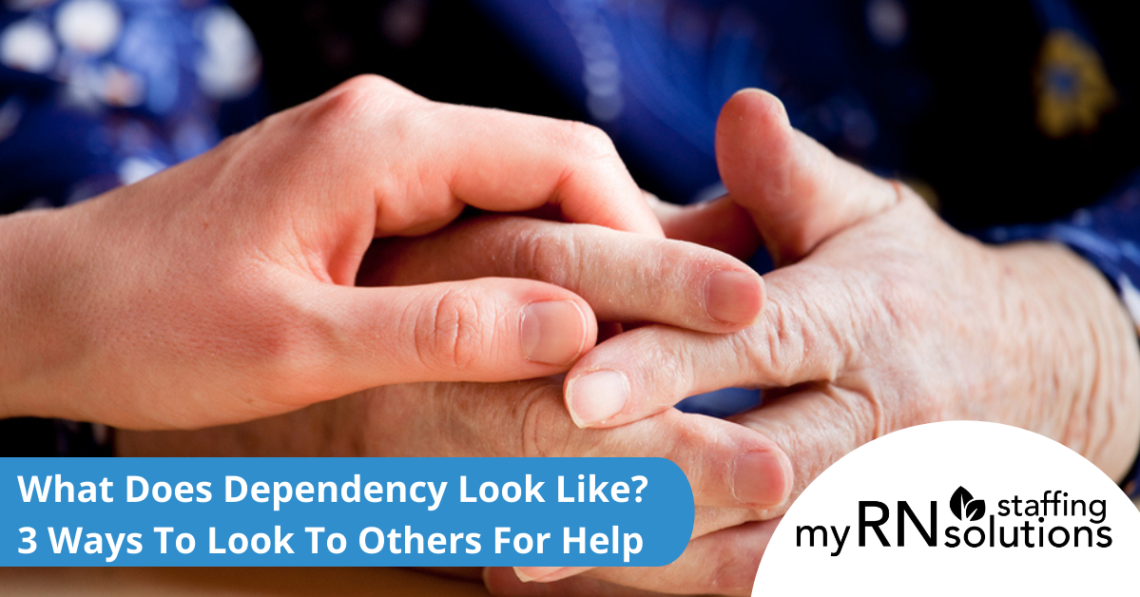
It’s crazy how things can change in an instant.
I’m writing this blog from the couch, with my left foot elevated on two pillows while icing it for twenty minutes on/twenty minutes off. I can barely handle putting weight on my left foot. Movement takes a lot of effort, and any trip to the kitchen or bathroom in my small apartment is well planned to include anything I might need for the next two hours so as to minimize future movement.
Yesterday, I woke up early to do a sunrise rock climb with my husband and another friend. We had climbed this mountain before, so I wasn’t nervous when I scrambled up the first pitch. About two-thirds of the way up the climb, there is a move where the climber must jump across a five-foot gap to another slanted rock face. I sat on the ledge of the jump, counted down to 1, and leapt as far as I could towards the other side. When I landed, I immediately knew something was wrong with my left ankle. A sharp pain came with every step of my left foot, but there was no alternative except to finish the final part of the climb. When I got back to the car, I bit my lip and knew that the awkward landing was going to have consequences.
I am frustrated beyond belief. I like to be independent, to move my body, to help with cleaning and cooking, to perform my work duties. Right now, though, I’m a permanent fixture on the sofa, and it annoys me to no end.
But then I start to think: this is what a patient feels like.
This is the frustration of physical brokenness and the reality of dependence that patients feel all the time! My injury trajectory will probably only inconvenience me for another week or two, if I follow proper healing recommendations. How short a time to be grappling with a dependent condition, when so many others are dealing with long-term or perhaps lifelong conditions.
Dependence on others often has a negative connotation. It implies that you can’t “do it on your own,” as if you should be able to, and it’s a shortcoming if you need help. You are a nuisance – a bother, if you are dependent. When you ask for others to go out of their way, it’s seen as being needy or a sign of weakness that you cannot provide for yourself.
On the other hand, our society praises independence. We are taught to live on our own and command our own destiny. We are encouraged to strive for our own career, our own life, our own house. Build an empire where you don’t have to ask for help. It’s the ultimate status. And it feels good, too, to know that you rely on nobody.
But what if we thought of dependency as vulnerability?
I think this elicits a more compassionate response from the start. The patients we see as nurses are dependent on others for care, and this makes them frightfully exposed. It’s very likely that they are unwillingly in that position. Some patients need to be turned every 2 hours because they cannot move their own body, and they are at risk for bed sores. Some patients can’t get up to go to the bathroom, so they wet the bed involuntarily. My patients constantly battle high blood sugars and diabetic ketoacidosis, and you better believe that I’m going to help them change an insulin infusion pump site so that insulin gets where it needs to go. Patients are incredibly in need of health duties that nurses can address.
What if we also thought of dependency as an opportunity?
It’s a chance to pay attention to the need of another human being, to exercise compassion, to show care. We are paid to attend to health demands of those who cannot do it themselves, and that’s a chance to build up the person who is suffering. When a patient is so exposed and defenseless, compassionate care can mean a lot.
Finally, what if we approached dependency as a way to build community?
When a group of people live together, there will always be some that are healthier, and some that are ill. There will always be needs to be met. That’s why we live with others, though: to give when we have plenty, and to receive when we are in need. In order for people to flourish together, there must be a give and take that happens. The hospital is simply a natural place for dependency to be broadcasted, but we as nurses can build trust and rapport with our patients when we meet their basic needs.
I hope I can take my own advice and realize the potential of dependency. Right now, I’m the one who needs some help as I recover from my injury, but very soon, I’ll be in the position to once again meet the needs of my patients, and I hope to meet them in a compassionate and caring way.









Write a comment: